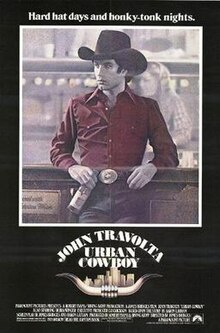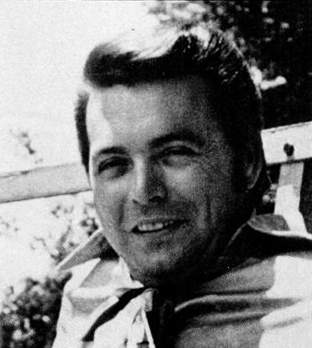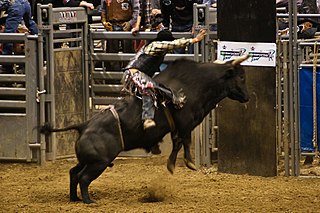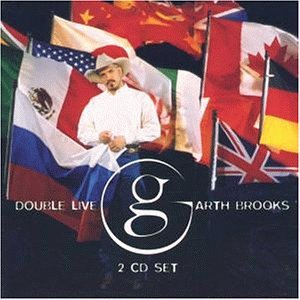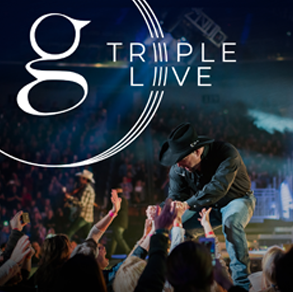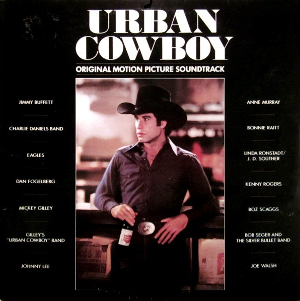Plot
Buford "Bud" Davis leaves his family home in Spur, Texas and moves to Pasadena for an oil refinery job where his uncle, Bob Davis, works. Bud wants to earn enough money to buy land in Spur. While staying with Bob and his family, Bud embraces the local nightlife, including Gilley's, a popular Pasadena bar and nightclub.
Bud meets fellow nightclub patron, Sissy, at Gilley's. They fall in love, marry soon after and move into a brand-new mobile home. Although they love each other, Sissy is feisty and independent, while hot-tempered Bud believes in traditional gender roles, causing frequent quarrels. They settle into a routine of working during the day and socializing at Gilley's at night. Bud enjoys riding the mechanical bull, but when Sissy wants to try, Bud forbids it.
Wes Hightower, a recently-paroled convict and prison rodeo champion, is hired to operate Gilley's mechanical bull. One evening, a drunken Bud becomes enraged when Wes flirtatiously tips his hat at Sissy, leading to a fight between Bud and Wes, with Wes gaining the upper hand. Wanting to impress Bud, Sissy secretly spends time at Gilley's where Wes teaches her how to ride the mechanical bull. When Sissy successfully rides the bull, Bud is angry that she defied him. During Bud's ride, Wes intentionally swings the bull around hard, breaking Bud's arm. At home, Bud and Sissy argue. She claims that Bud is jealous because she rides the bull better than him. Bud slaps Sissy and throws her out of their mobile home. When Bud later sees Sissy at Gilley's, he gives her a friendly smile, but she ignores him. Bud retaliates by dancing with Pam, the beautiful daughter of a rich oilman. They leave together, with Bud making sure Sissy sees them. Sissy moves in with Wes, who lives in a run-down trailer behind Gilley's.
Bud, who is unable to work while his arm is in a cast, wants to compete in Gilley's upcoming mechanical bull riding rodeo contest for the $5,000 prize. While Bud is training with his uncle, a former rodeo champion, Sissy stops by the mobile home to collect her belongings. While there, she cleans it up and leaves Bud a note saying she hopes they will get back together. When Pam arrives at the mobile home and finds Sissy and later the note, she throws it away and leads Bud to believe that she cleaned the mobile home herself. Sissy arrives back at Wes's trailer and catches him with Marshalene, a woman who works at Gilley's. After Marshalene leaves, an angry Sissy throws a carton of cigarettes at him and refuses to fix him a meal. In response, Wes physically abuses her.
Bob urges Bud to reconcile with Sissy, citing how his own formerly bad behavior nearly ruined his marriage. Shortly after, Bob is killed in a refinery explosion when a bolt of lightning strikes a tank during a thunderstorm, devastating Bud. Sissy attends the funeral and tells Bud that Wes was fired from Gilley's and that they plan to leave for Mexico after Wes wins the mechanical bull riding rodeo contest.
Bud initially plans to skip the contest, but he changes his mind after his Aunt Corene insists that Bob would have wanted him to go. Bud wins but is disappointed that Sissy is not present when he is awarded the prize. Pam then realizes that Bud still loves Sissy and admits that it was Sissy who cleaned the mobile home. She urges Bud to reconcile with Sissy. As Sissy waits in her car, Wes sneaks into the Gilley's main office to rob the entry money. Bud finds Sissy in the parking lot and says he loves her and apologizes for being stubborn and for hitting her. They embrace, but after seeing Sissy's bruised face, a furious Bud goes after Wes. A fight ensues outside the bar, with Bud getting the upper hand this time. Wes drops his gun, and the stolen entry money falls from his jacket. Wes is apprehended, and Bud and Sissy go home together.
Critical reception and legacy
The film received generally positive reviews from critics. On Rotten Tomatoes, the film received a 70% "Fresh" rating based on 23 reviews. [6] "Urban Cowboy is not only most entertaining but also first-rate social criticism," said Vincent Canby of The New York Times . [7] Variety wrote: "Director James Bridges has ably captured the atmosphere of one of the most famous chip-kicker hangouts of all: Gilley's Club on the outskirts of Houston." [8]
The film gave Pasadena and Houston a brief turn under the Hollywood spotlight. Andy Warhol, Jerry Hall and many other celebrities attended the premiere in Houston. [9] [10] Mickey Gilley's career was revived after the film release, and the soundtrack started a music movement. [11]
As a result of the film's success, there was a mainstream revival of country music. [2] The term "Urban Cowboy" was also used to describe the soft-core country music of the early 1980s epitomized by Kenny Rogers, Dolly Parton, Johnny Lee, Mickey Gilley, Janie Frickie and other vocalists whose trademarks were mellow sounds of the sort heard in the movie. This sound became a trademark in country music from the early to mid '80s, in which record sales for the genre soared.
